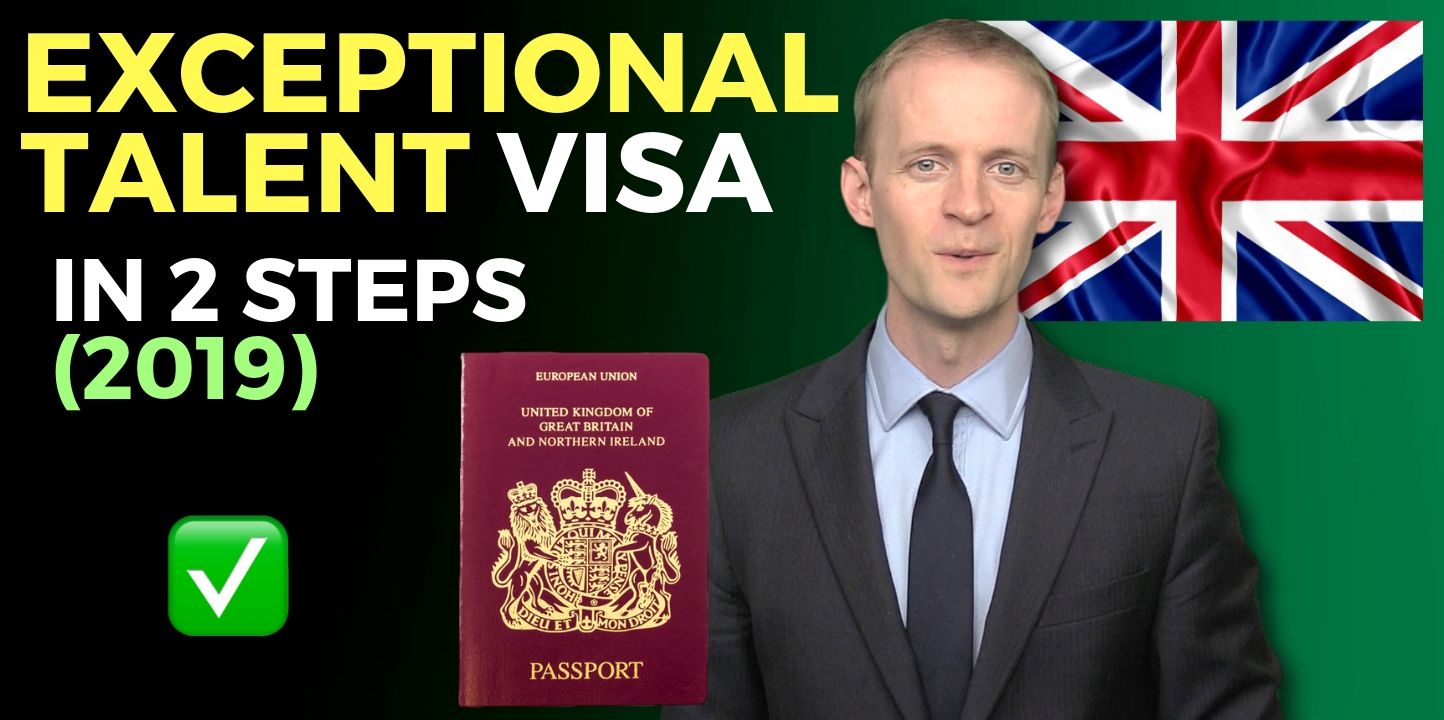
1. STAGE 1 – Getting an endorsement ✅
The Designated Competent Bodies:
The first thing you need to do is get one of the five Designated Competent Bodies to endorse you.
The recognised Designated Competent Bodies are:
- Tech Nation – for digital technology applications;
- Arts Council England – for arts, culture, fashion, architecture, film and television applications;
- The British Academy – for humanities and social science applications;
- The Royal Society – for natural sciences and medical science research applications; and
- The Royal Academy of Engineering – for engineering applications.
Designated Competent Bodies have two sets of criteria:
- Exceptional Talent – this is for you if you have made a “significant contribution as a leader of your field” (this gives you 3 years to permanent residence); and
- Exceptional Promise – this is for you if you are earlier in your career but have shown the “potential to make significant contributions as a leader in your field” (this gives you 5 years to permanent residence).
The Limit
Tier 1 (Exceptional Talent) is subject to a limit of 2,000 endorsements per year (April to April).
The first 1000 places in the limit are allocated between the Designated Competent Bodies:
- Arts Council England – 250 places;
- The Royal Society – 250 places;
- The Royal Academy of Engineering – 150 places;
- The British Academy – 150 places;
- Tech Nation – 200 places.
Timing your stage 1 application
Please note that a Stage 1 application will not extend your leave while a decision is being made on your endorsement application. This means that if you are already inside the UK and your leave expires whilst your stage 1 application is under consideration, you will be considered to be overstaying in the UK.
2. STAGE 2 – Making the application ✅
You must apply within 3 months of getting your endorsement.
Switching
This is only relevant if you make your application from inside the UK.
You can switch into Tier 1 (Exceptional Talent) from your current category of leave to remain in the UK if you are on a visa under:
- Tier 1;
- Tier 2;
- Tier 5 (Temporary Worker), sponsored in the Government Authorised Exchange sub-category in an exchange scheme for sponsored researchers;
- Start-up; or
- Innovator.
If you have another type of visa, you can’t switch in-country. You would have to leave the UK and apply from abroad.
3. Extending your visa ✅
You don’t need an endorsement for an extension application.
To extend, you need to prove that:
- The Designated Competent Body has not withdrawn its endorsement; and
- Since your original application, you have earned money in the UK as a result of employment or self-employment in your field of expertise. This must be within the field for which the Designated Competent Body endorsed you.
Timing your extension application
If you are already in the UK, you should apply for an extension of your leave before your current leave to remain expires (ideally a month before).
4. Getting indefinite leave to remain ✅
Settlement - Length of time in the UK needed to qualify
You get ILR after 5 years for exceptional promise, and after 3 years for exceptional talent.
In both cases, you can count any previous leave under:
- Tier 1 (except Tier 1 (Graduate Entrepreneur) Migrant and Tier 1 (Post- Study Work));
- Tier 2 (except Tier 2 (Intra-Company Transfer) Migrant);
- Innovator.
Criteria for settlement
You have to show:
- Your endorsement hasn’t been withdrawn; and
- You have been employed (or self-employed) in the area of expertise for which you were endorsed.During your most recent period of leave as a Tier 1 (Exceptional Talent) migrant, you have earned money in the UK as a result of employment or self-employment in your field of expertise. This is the field for which the Designated Competent Body endorsed you.
Knowledge of Language and Life for settlement
You have to pass the Life in the UK test and get Level B1 in English speaking and listening.
